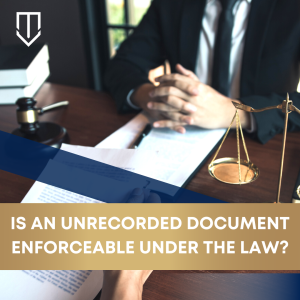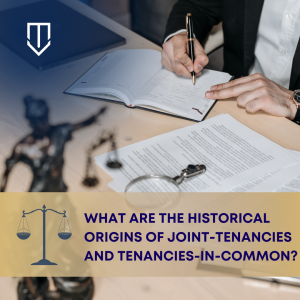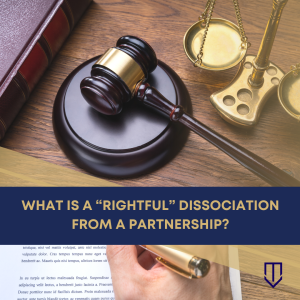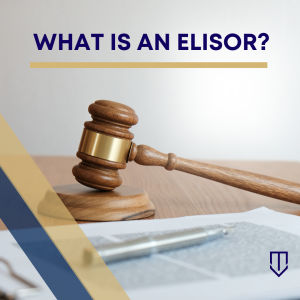 A lis pendens – also called a notice of pendency of action – is a special type of legal document filed with a county recorder. Though its use is limited to lawsuits involving real property claims, its effect is powerful. Once recorded, it acts as “constructive notice” to all persons who would subsequently acquire an interest in the property at issue that a lawsuit is occurring.
A lis pendens – also called a notice of pendency of action – is a special type of legal document filed with a county recorder. Though its use is limited to lawsuits involving real property claims, its effect is powerful. Once recorded, it acts as “constructive notice” to all persons who would subsequently acquire an interest in the property at issue that a lawsuit is occurring.
In this way, a lis pendens protects title holders as they proceed through litigation and, more importantly, the appeals process. The attorneys at Underwood Law Firm have filed countless lis pendens notices and are more than familiar enough with their requirements to assist you in your real estate litigation.
 California Partition Law Blog
California Partition Law Blog


 Service of process is a crucially important part of every lawsuit in California. If a defendant is not served and thus does not receive notice of a lawsuit, then any judgment entered against them is void for lack of jurisdiction.
Service of process is a crucially important part of every lawsuit in California. If a defendant is not served and thus does not receive notice of a lawsuit, then any judgment entered against them is void for lack of jurisdiction. Sometimes, two or more persons claim to have an interest in the same piece of property. If these interests conflict, then the courts have to step in to adjudicate the dispute and decide whose title is true. But things can get messy when both parties appear to have valid deeds, free or forgery, or other impropriety.
Sometimes, two or more persons claim to have an interest in the same piece of property. If these interests conflict, then the courts have to step in to adjudicate the dispute and decide whose title is true. But things can get messy when both parties appear to have valid deeds, free or forgery, or other impropriety. American law has its roots in the laws of England. As such, many of the laws still on the books in the 21st Century depend on what English judges thought prior to our War for Independence began in 1776. Because our modern laws go back centuries since before the United States was a country, we should care about how our legal terms were originally understood as they may implicate a judge’s decision today. The most important of all the English Judges who influenced our modern laws was most likely Sir William Blackstone.
American law has its roots in the laws of England. As such, many of the laws still on the books in the 21st Century depend on what English judges thought prior to our War for Independence began in 1776. Because our modern laws go back centuries since before the United States was a country, we should care about how our legal terms were originally understood as they may implicate a judge’s decision today. The most important of all the English Judges who influenced our modern laws was most likely Sir William Blackstone.  Yes. When co-owners of property decide they want to go their separate ways but cannot come to an agreement on a buyout or reimbursements, they can institute a partition action and have the court system solve the problem for them.
Yes. When co-owners of property decide they want to go their separate ways but cannot come to an agreement on a buyout or reimbursements, they can institute a partition action and have the court system solve the problem for them.  A “waste” claim is a means of recovering damages when a tenant on real property does substantial damage to the property itself. Most often, a waste claim arises when a person renting property causes damage while living there. But a waste claim isn’t restricted to landlords and tenants. It applies to nearly all situations where two or more people have some sort of interest in the common property.
A “waste” claim is a means of recovering damages when a tenant on real property does substantial damage to the property itself. Most often, a waste claim arises when a person renting property causes damage while living there. But a waste claim isn’t restricted to landlords and tenants. It applies to nearly all situations where two or more people have some sort of interest in the common property. General partnerships, and their
General partnerships, and their  Just because a party prevails in
Just because a party prevails in 
 When co-owners of property decide they want to go their separate ways but cannot come to an agreement on a buyout or reimbursements, they can institute a
When co-owners of property decide they want to go their separate ways but cannot come to an agreement on a buyout or reimbursements, they can institute a